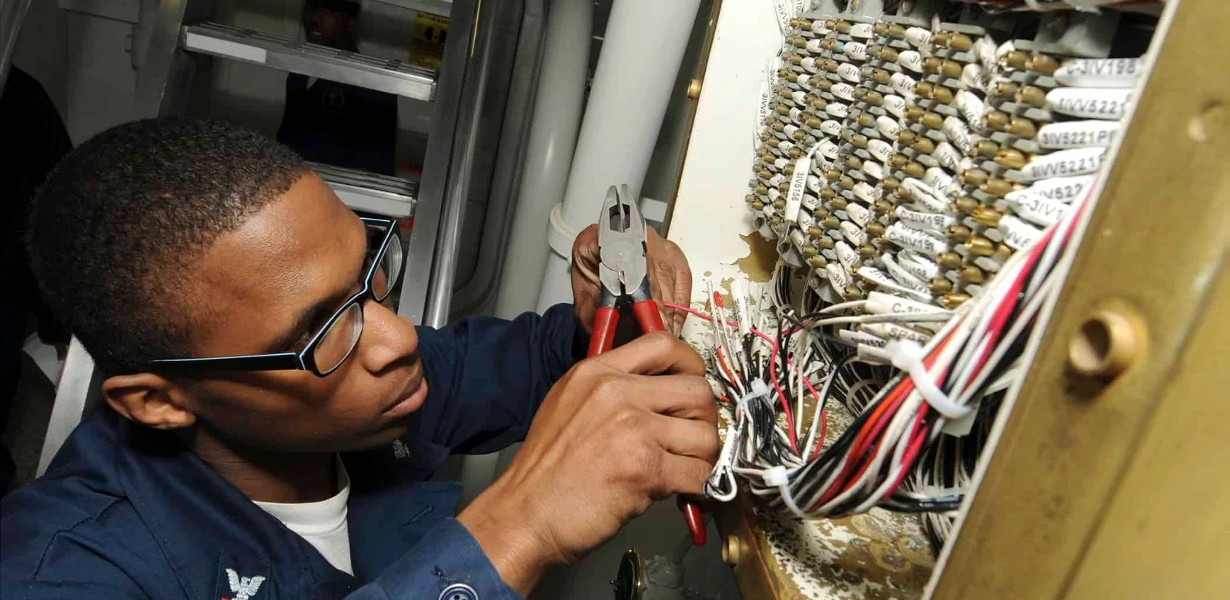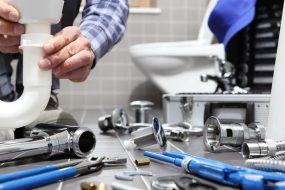
In the dynamic landscape of industrial operations, electrical maintenance plays a vital role in ensuring the smooth functioning of machinery and systems. From troubleshooting electrical issues to conducting routine inspections, the expertise of electrical maintenance technicians and the availability of reliable electrical maintenance services are crucial for optimizing productivity and minimizing downtime. In this comprehensive guide, we will delve into the intricacies of electrical maintenance, providing valuable insights and actionable tips for industrial facilities.
Importance of Industrial Electrical Maintenance
Industrial environments heavily rely on electrical systems to power their operations. A disruption in the electrical supply or malfunctioning equipment can lead to significant downtime, hampering production and incurring financial losses. Therefore, investing in effective electrical maintenance is paramount for the success and sustainability of industrial enterprises.
Ensuring Safety and Compliance
One of the primary objectives of electrical maintenance is to ensure a safe working environment for employees. Regular inspections and preventive maintenance practices help identify potential electrical hazards and rectify them before they escalate into safety risks. Moreover, adhering to industry regulations and compliance standards is crucial to avoid penalties and legal liabilities.
Enhancing Equipment Reliability
Industrial machinery and equipment are the backbone of production processes. By conducting regular maintenance, such as lubrication, cleaning, and calibration, electrical maintenance technicians can prevent breakdowns and extend the lifespan of critical equipment. This proactive approach helps minimize unexpected downtime and optimizes overall operational efficiency.
Optimizing Energy Efficiency
In today’s eco-conscious world, energy efficiency is a key consideration for businesses. Electrical maintenance can identify energy wastage, optimize electrical systems, and recommend energy-efficient alternatives. By reducing energy consumption and adopting sustainable practices, industrial facilities can contribute to a greener future while simultaneously lowering operational costs.
Actionable Tips for Effective Electrical Maintenance
To help you optimize your electrical maintenance practices, we have compiled a set of actionable tips that will ensure the longevity and reliability of your electrical systems.
Tip 1: Implement a Preventive Maintenance Schedule
Developing a preventive maintenance schedule is essential for identifying potential issues before they escalate into major problems. Regularly inspecting electrical components, such as cables, connectors, and circuit breakers, can help detect signs of wear and tear, corrosion, or loose connections. By addressing these issues promptly, you can prevent unexpected breakdowns and extend the lifespan of your equipment.
Tip 2: Invest in Training and Certification for Electrical Maintenance Technicians
Keeping your electrical maintenance team up to date with the latest industry standards and best practices is vital for maintaining a high level of expertise. Encourage your technicians to pursue training programs and certifications relevant to electrical maintenance. This investment will not only enhance their skills but also ensure they are well-equipped to handle the evolving technological advancements in electrical systems.
Tip 3: Document and Track Maintenance Activities
Maintaining accurate documentation of maintenance activities is crucial for tracking the history of electrical systems and identifying recurring issues. This documentation can serve as a valuable reference for troubleshooting and decision-making. Furthermore, it enables you to analyze trends, identify areas for improvement, and make data-driven decisions to optimize your electrical maintenance strategies.
Frequently Asked Questions (FAQs)
Q1: How often should electrical maintenance be conducted in an industrial setting?
It is recommended to conduct electrical maintenance inspections at least once a year. However, the frequency may vary depending on the nature of the industrial operations, the age of the equipment, and the specific requirements outlined by manufacturers or regulatory bodies.
Q2: What are the common signs that indicate the need for electrical maintenance?
Some common signs that indicate the need for electrical maintenance include flickering lights, tripping circuit breakers, overheating equipment, unusual sounds, or burnt smells. If any of these signs are observed, it is essential to address them promptly to avoid potential hazards or equipment failure.
Q3: Can outsourcing electrical maintenance services benefit industrial facilities?
Outsourcing electrical maintenance services can be advantageous for industrial facilities, especially those with limited in-house resources or specialized equipment. By partnering with experienced electrical maintenance service providers, businesses can leverage their expertise and ensure comprehensive and efficient maintenance practices.
Q4: How can energy efficiency be improved through electrical maintenance?
Electrical maintenance can contribute to energy efficiency by conducting regular energy audits, identifying energy wastage, and recommending energy-efficient alternatives. This may include upgrading to more efficient equipment, optimizing electrical systems, and implementing smart energy management solutions.
Q5: What are the potential risks of neglecting electrical maintenance in an industrial environment?
Neglecting electrical maintenance can lead to various risks, including electrical fires, equipment failures, workplace accidents, and non-compliance with safety regulations. These risks can result in significant financial losses, reputational damage, and, most importantly, harm to personnel.
Conclusion
Electrical maintenance is a critical aspect of industrial operations, ensuring the safety, reliability, and energy efficiency of electrical systems. By implementing preventive maintenance practices, investing in the training of electrical maintenance technicians, and documenting maintenance activities, industrial facilities can proactively address electrical issues and optimize their operations. Remember, a proactive approach to electrical maintenance not only reduces downtime but also paves the way for long-term success in today’s competitive landscape.
Advertisement







